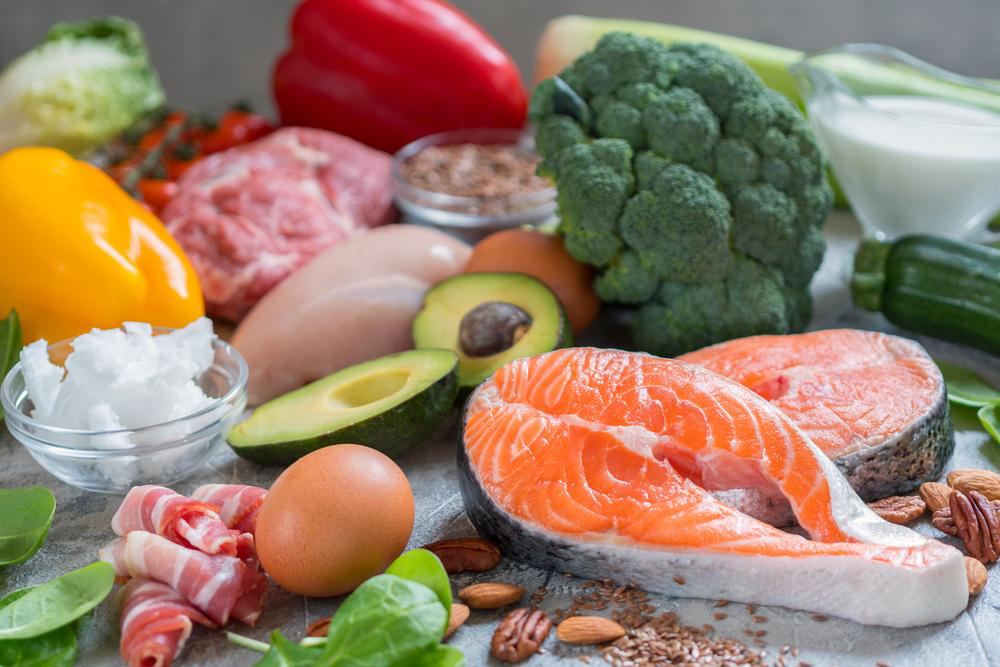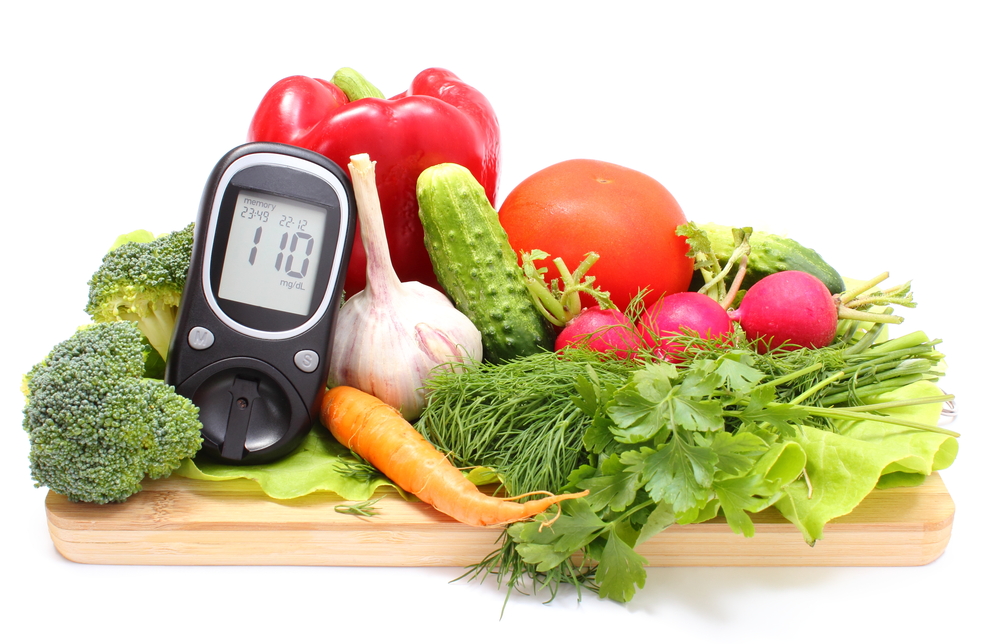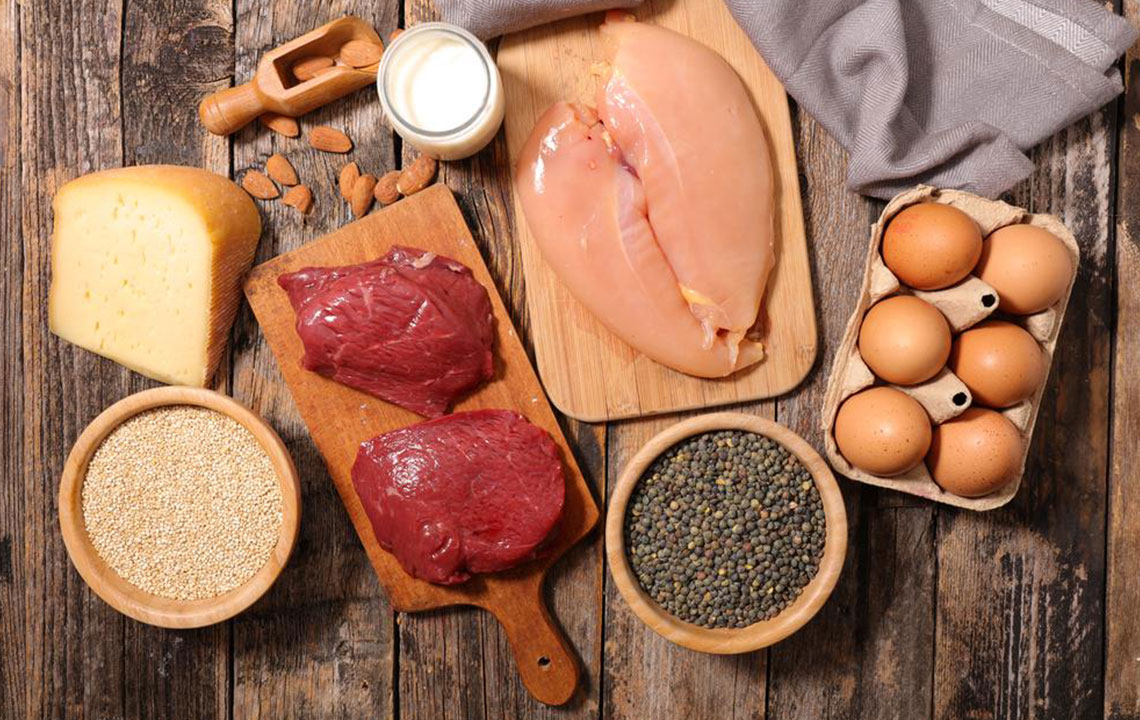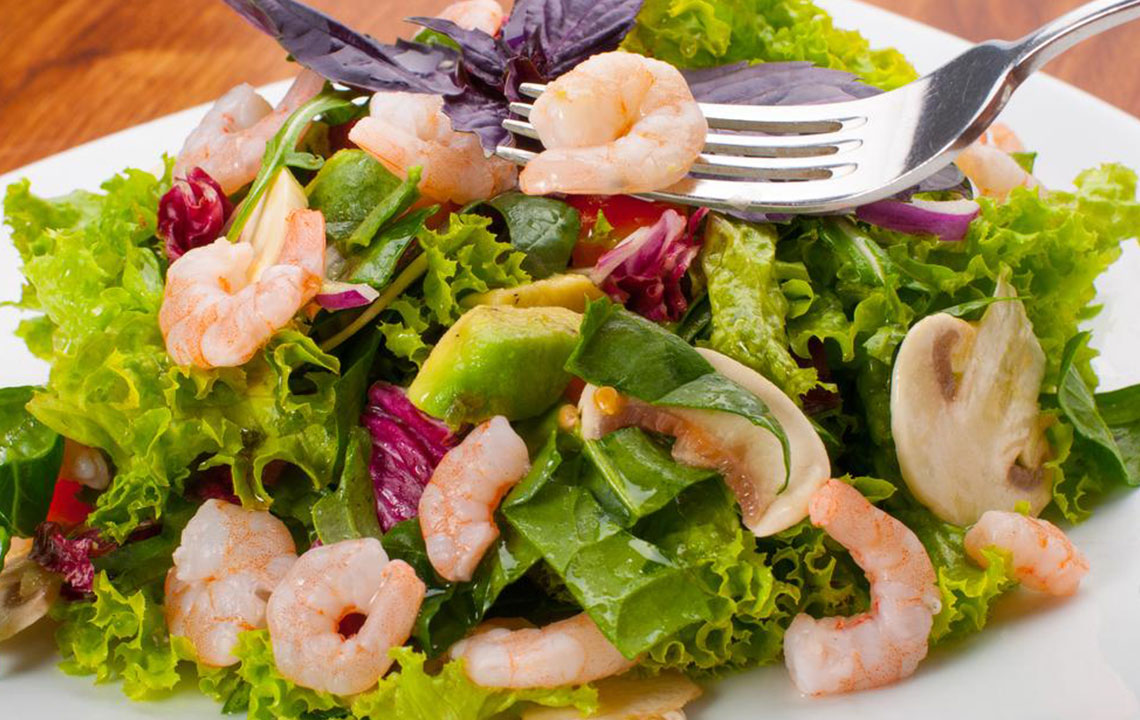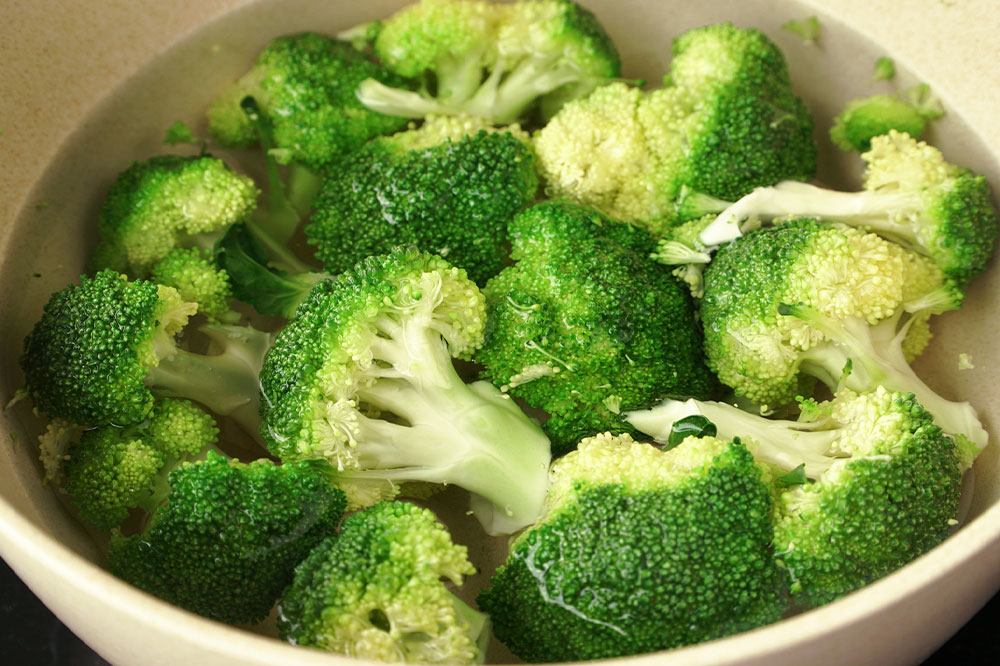Essential Nutrition Strategies for Gastric Cancer Patients
This article offers vital dietary tips for gastric cancer patients, emphasizing small meals, high-protein foods, and avoiding irritants. It highlights the importance of nutrition in supporting treatment, preventing malnutrition, and improving quality of life. Practical advice includes choosing soft fruits, limiting processed foods, and steering clear of caffeine and alcohol to reduce discomfort and enhance recovery. These strategies are essential for maintaining strength and immune function during cancer treatment, ensuring better health outcomes for patients.
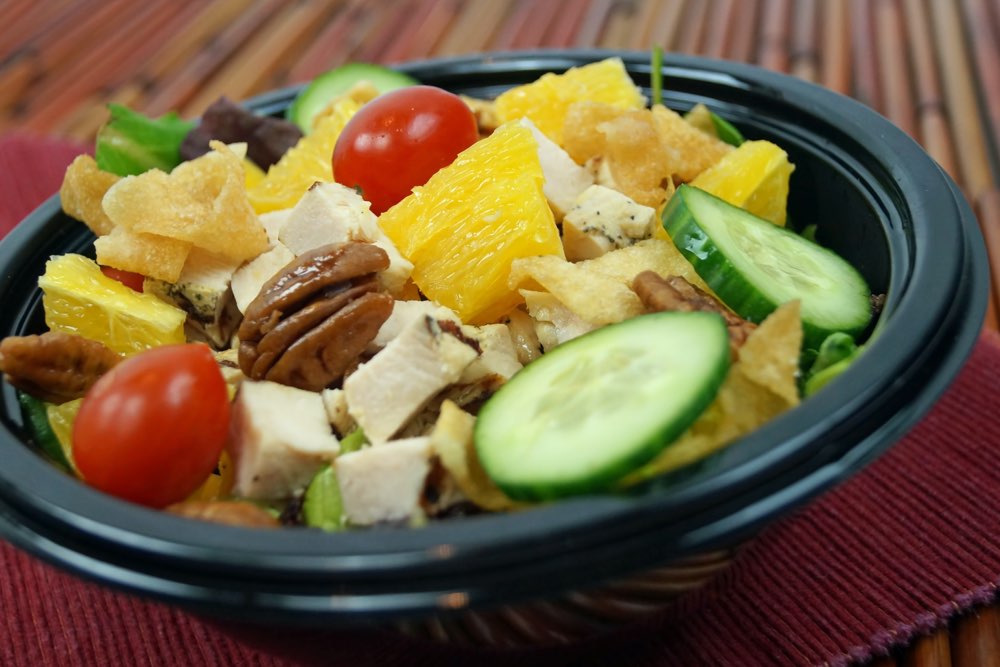
Essential Nutrition Strategies for Gastric Cancer Patients
Gastric or stomach cancer affects the lining of the stomach, often leading to indigestion, bloating, and early satiety. These symptoms can decrease appetite, cause weight loss, and result in malnutrition. Proper nutritional management is vital for these patients to maintain strength and support treatment. Implementing effective dietary strategies can make a significant difference in their recovery and overall health.
Eat small, frequent meals throughout the day
Due to decreased appetite from tumors or surgery, patients may feel full quickly. Experts recommend consuming six smaller meals daily instead of fewer large ones to alleviate discomfort and ensure nutrient intake.
This approach helps patients obtain essential nutrients, supports weight maintenance, and boosts tolerance to treatments.
Prioritize high-protein, easily digestible foods
Proteins are essential for cell repair and immune strength. Suitable protein sources include tender poultry, fish, Greek yogurt, ripe avocados, tofu, pureed beans, eggs, and nut butters. It’s best to limit high-fiber protein options to avoid feeling overly full or uncomfortable.
Reduce processed and sugary foods
Processed meats and foods like sausages, bacon, and deli meats are linked to increased colorectal cancer risk, which is of concern in gastric cancer cases. Such foods also contain high sodium levels. Sugary items like candies and sodas provide calories without nutritional value and should be minimized.
Fruits and vegetables are rich in vitamins, minerals, and antioxidants crucial for fighting cancer. Patients should focus on colorful produce but choose softer options like bananas and melons over tougher high-fiber foods such as broccoli or cabbage.
Avoid dietary irritants
Caffeine, alcohol, carbonated drinks, and spicy foods can worsen nausea and irritation. Limiting or eliminating these can reduce discomfort. Alcohol may also impair immunity and cause dehydration.

